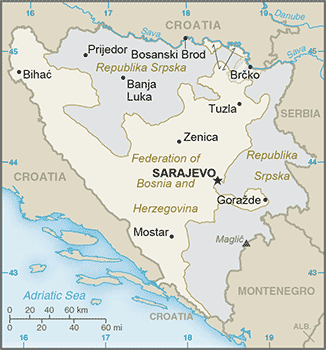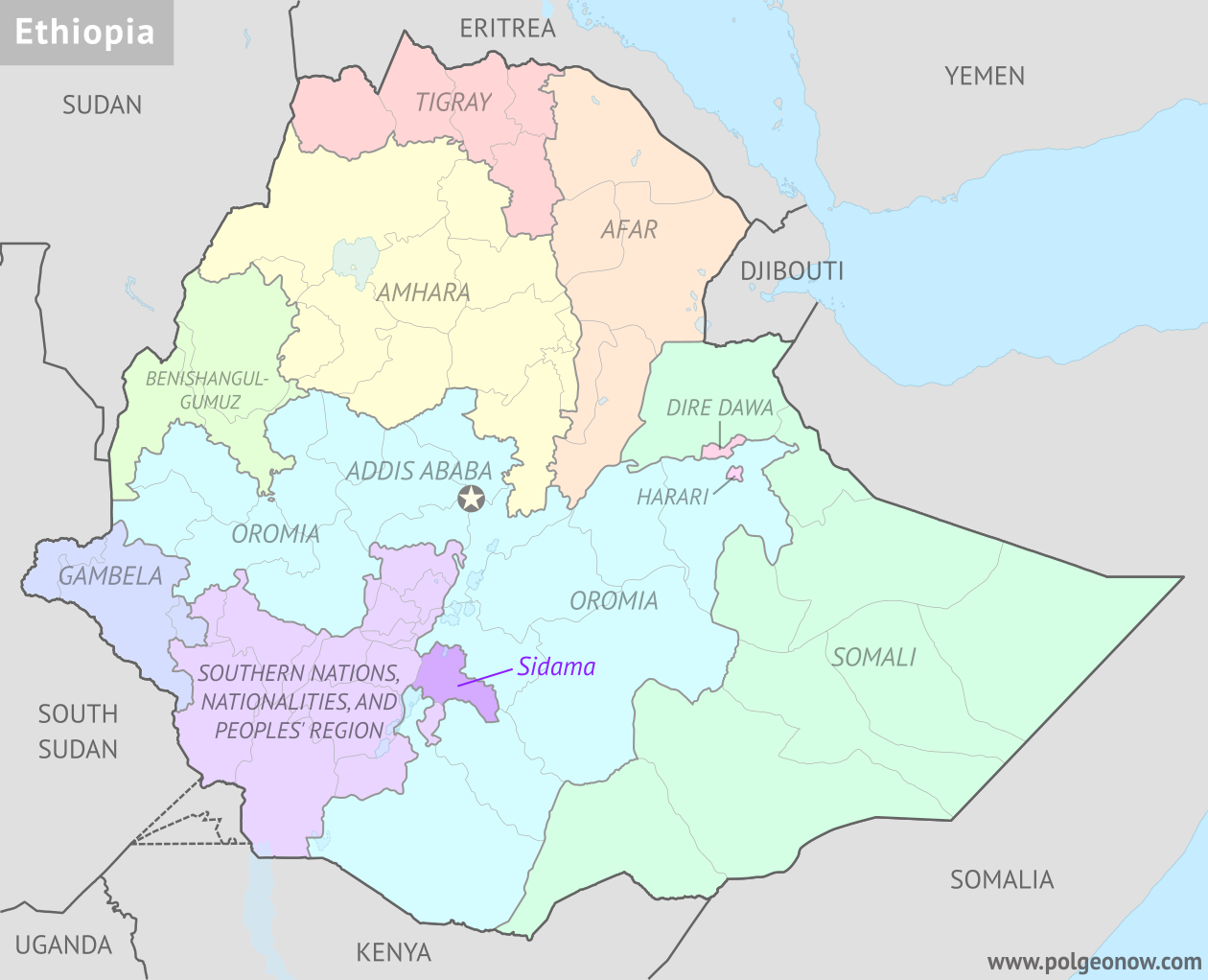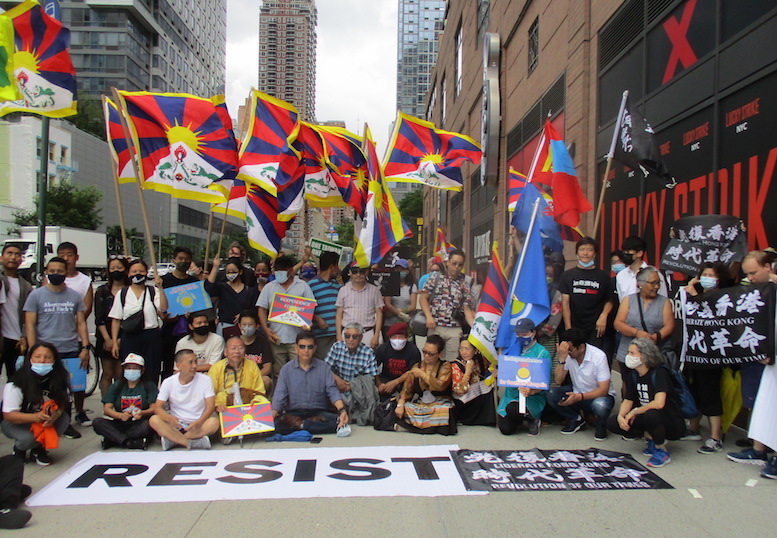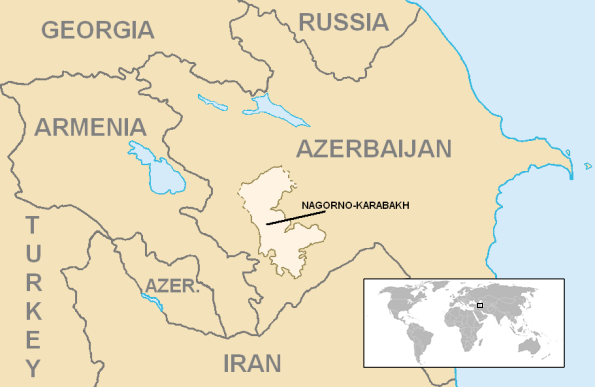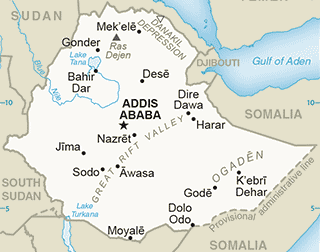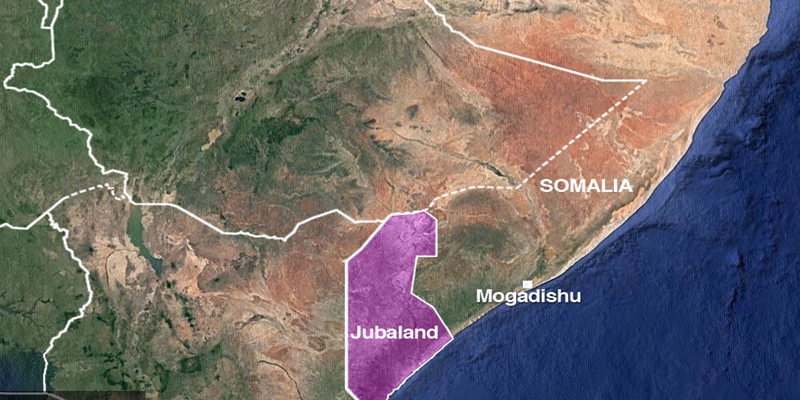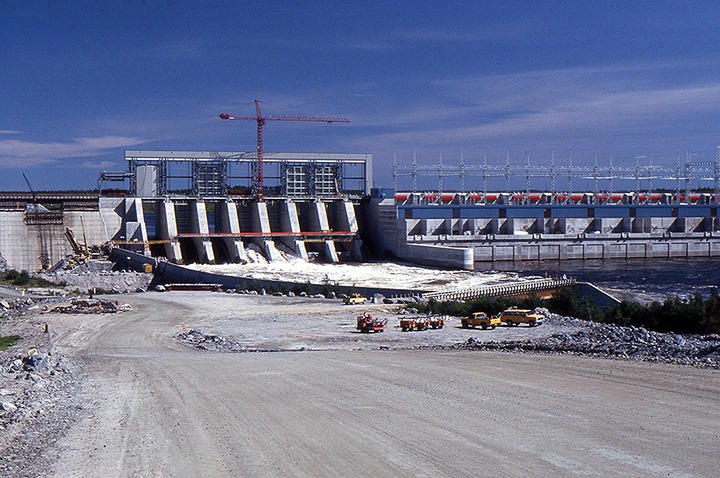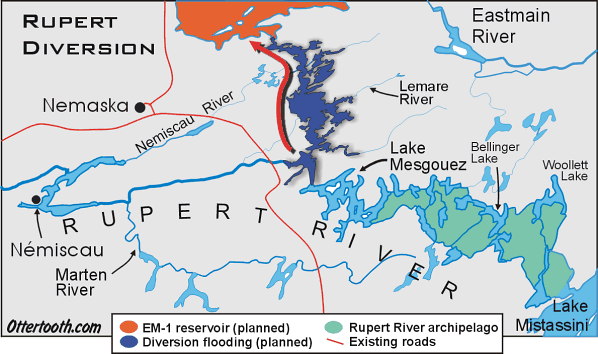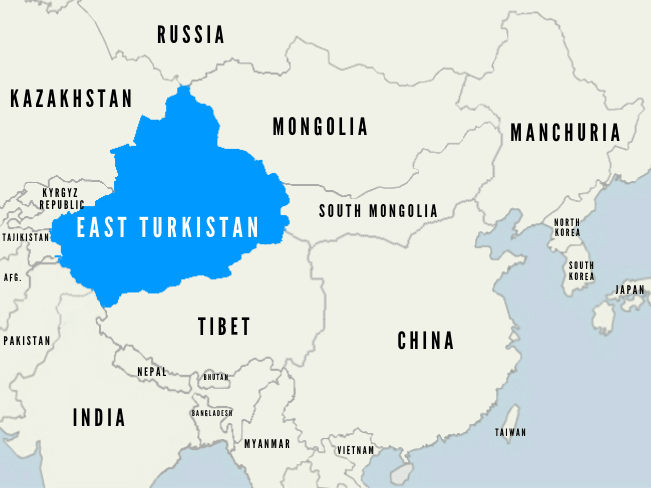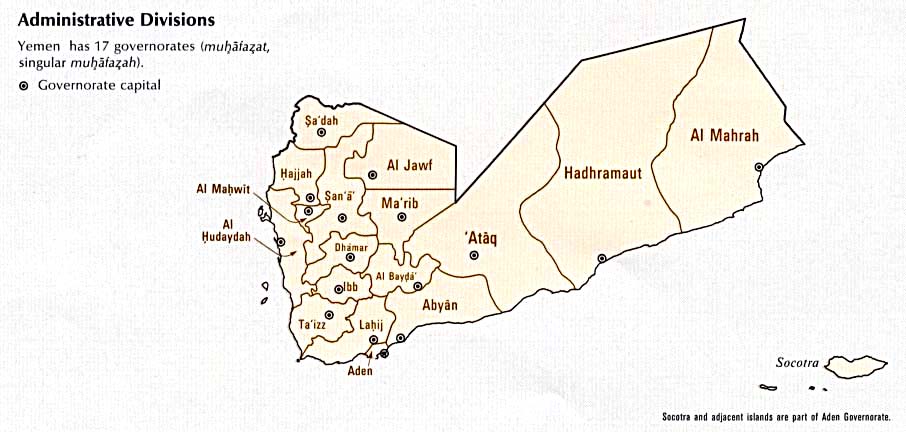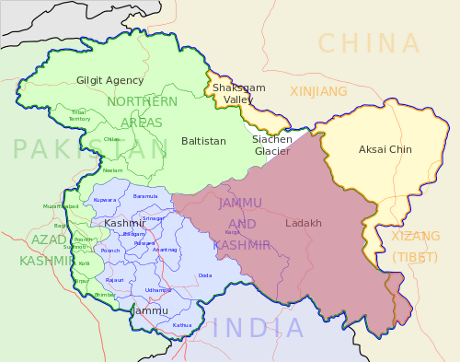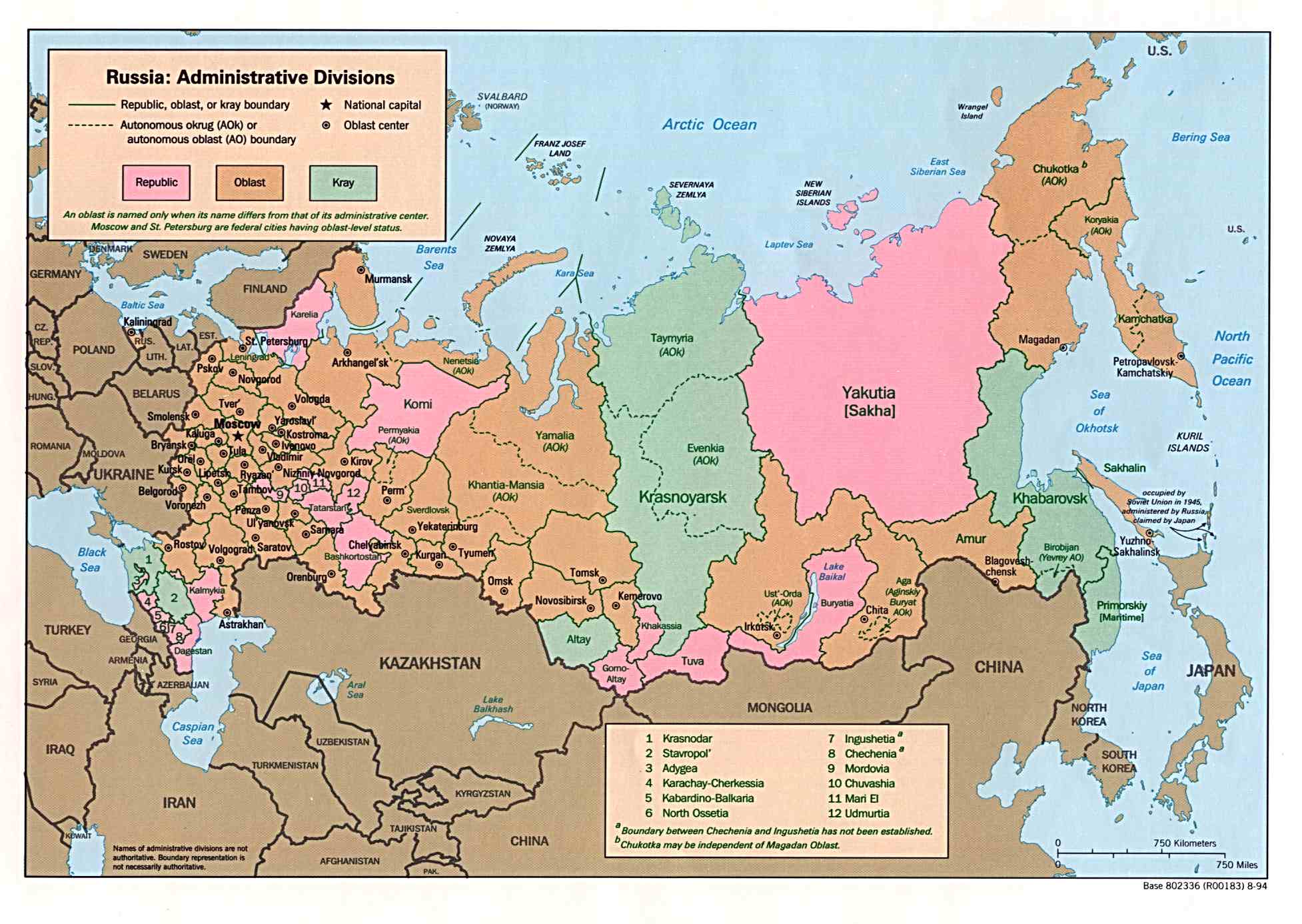
Podcast: the looming breakup of Russia
In Episode 118 of the CounterVortex podcast, Bill Weinberg explores the possibility that Putin’s criminal adventure in Ukraine could backfire horribly, actually portending the implosion of the Russian Federation into its constituent entities, the “autonomous” republics, oblasts and krais. Troops from Russia’s Far East were apparently involved in the horrific massacre at the Kyiv suburb of Bucha. But indigenous leaders from Siberia and the Russian Arctic are breaking with Moscow over the Ukraine war. Rumblings of separatist sentiment are now heard from Yakutia (Sakha), Khabarovsk, Kalmykia, Kamchatka, Tatarstan, Tuva, the Altai Republic, and the entirety of Siberia. China, which controlled much of what is now the Russian Far East until the 1850s, has its own expansionist designs on the region. Frederick Engels called for the “destruction forever” of Russia during the Crimean War, but it may collapse due to its own internal contradictions rather than Western aggression. Listen on SoundCloud or via Patreon. (Map: PCL)



